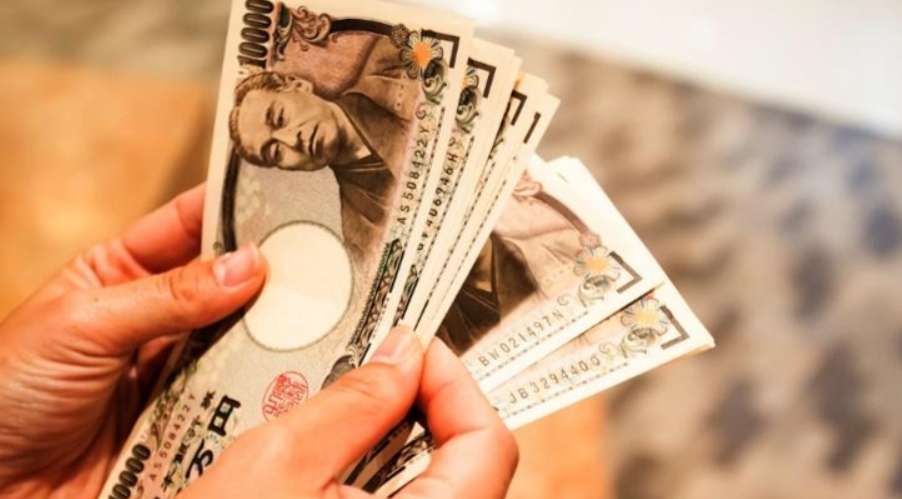Rising Likelihood of BOJ Rate Hike Next Week!
Advertisements
The Japanese economy is at a pivotal crossroads as key officials from the Bank of Japan (BoJ) prepare for a crucial monetary policy meeting scheduled for January 24. Insiders suggest that if the incoming U.S. president does not stir significant upheaval or alter global economic expectations dramatically in the early days of their administration, a hike in interest rates from their current level of 0.25% seems almost inevitable. This prospective change signals confidence among Japanese monetary authorities regarding the resilience of the nation's economy amidst shifting global landscapes.
The BoJ's upcoming decision is not to be treated lightly; it is predicated on exhaustive scrutiny of economic data, market movements, and potential influences from U.S. economic strategies. Recently, both Haruhiko Kuroda, the current governor of the BoJ, and his deputy, Masayoshi Amamiya, have indicated that the meeting next month will be a decisive factor in determining the trajectory of interest rates. This anticipation has already begun to ripple through markets, prompting the yen to appreciate against the dollar and reach its highest value in a month.
Rodrigo Catril, a foreign exchange strategist at the National Australia Bank in Sydney, conveyed the heightened anticipation surrounding the BoJ's interest rate decision. Catril acknowledged that while the tariffs potentially introduced by the new U.S. administration could inject a sense of unpredictability, Japan remains off the radar in terms of direct attention from the incoming leadership. Consequently, Japanese monetary authorities appear poised to respond resolutely to their domestic economic metrics without excessive concern for external pressures.

Going deeper into the state of Japan's economy, officials at the BoJ maintain that both inflation rates and economic growth statistics align closely with previously established forecasts. Recent trends indicate a gradual recovery in domestic consumption, while business investments are displaying renewed optimism. Exports, too, benefit from an upswing in the global economy. Notably, core inflation—excluding volatile fresh food and energy prices—is inching closer to the BoJ's target of 2%. This data instills confidence among Japanese officials about achieving stable inflation, a sentiment recently shared by Kuroda. He has consistently emphasized in public forums that should economic indicators stay in line with projections, adjustments to their monetary easing policies would be timely and warranted.
As discussions intensify regarding a possible rate hike, it has emerged that the BoJ may revise its inflation forecasts for this fiscal year and the next. This expected adjustment stems from a growing belief among officials about increasing wages, a sentiment that has crystallized especially following the Bank's recent meeting with its branch managers. There is a strong expectation of successful wage negotiations in the upcoming spring, leading to significant increases in salaries, which is becoming normalized by Japanese businesses.
Kuroda underscored that alongside the broader U.S. economic outlook, the momentum for wage growth remains a crucial element in determining the timing of any interest rate hikes. While the BoJ officials are hopeful for a stable opening phase for the new U.S. administration, there is an underlying awareness of potential risks. Vigilance is key in navigating the uncertainties that may arise from changes in international trade policies or economic directives from Washington.
Further emphasizing the importance of the forthcoming meeting, Amamiya recently asserted during an address to business leaders in Yokohama that the BoJ's board will scrutinize the economic landscape in light of the upcoming discussions on interest rates. He noted, “Correctly timing monetary policy decisions is a challenge, yet it’s of paramount significance.” This statement lays the groundwork for heightened scrutiny over the anticipated outcomes of the January 23-24 monetary policy meeting, which will play a pivotal role in shaping Japan's economic trajectory moving forward.
The overwhelming sentiment among economists and market analysts is that the Bank of Japan is poised to increase borrowing costs, either in January or March. Amamiya acknowledged the existence of both upsides and downsides inherent in this approach, reiterating that the momentum of wage growth this year, combined with the economic policies dictated by the new U.S. leadership, requires careful monitoring.
In his last scheduled remarks leading up to the meeting, Amamiya expressed optimism that wage growth would remain robust this year. He highlighted pertinent factors such as labor shortages, rising minimum wages, and results from recent surveys indicating that wage increases have reached or even surpassed levels recorded a year prior, when unions and companies agreed to the most significant salary hikes seen in 30 years.
The interconnectedness between Japan’s monetary policy decisions and global economic dynamics has never been more stark. As the international community watches closely, Japan's economic steadfastness and policy responsiveness will be critical elements shaping its financial landscape in the immediate future. The implications of these decisions transcend national borders, reflecting the delicate balance maintained in the global economy and illustrating the complex interplay of domestic prosperity and international relations.
Leave A Reply